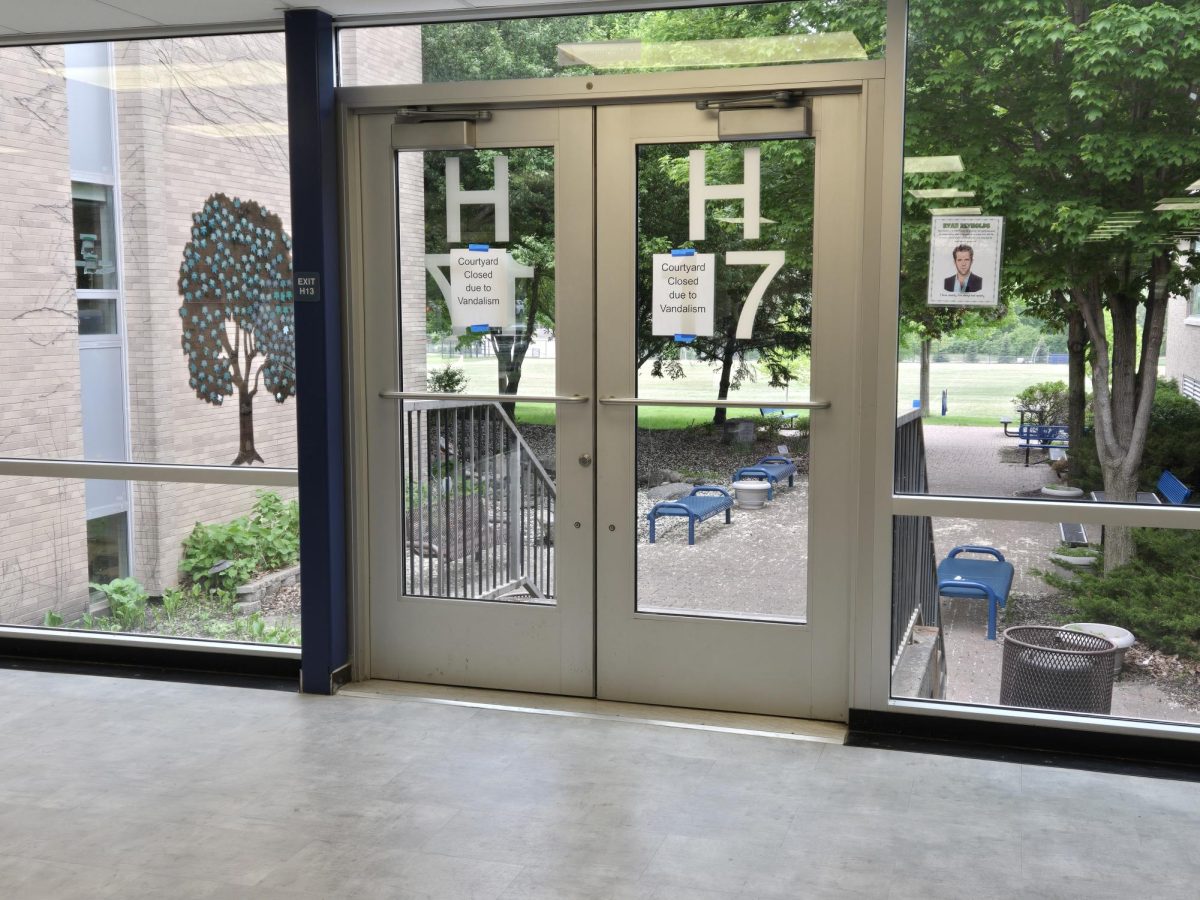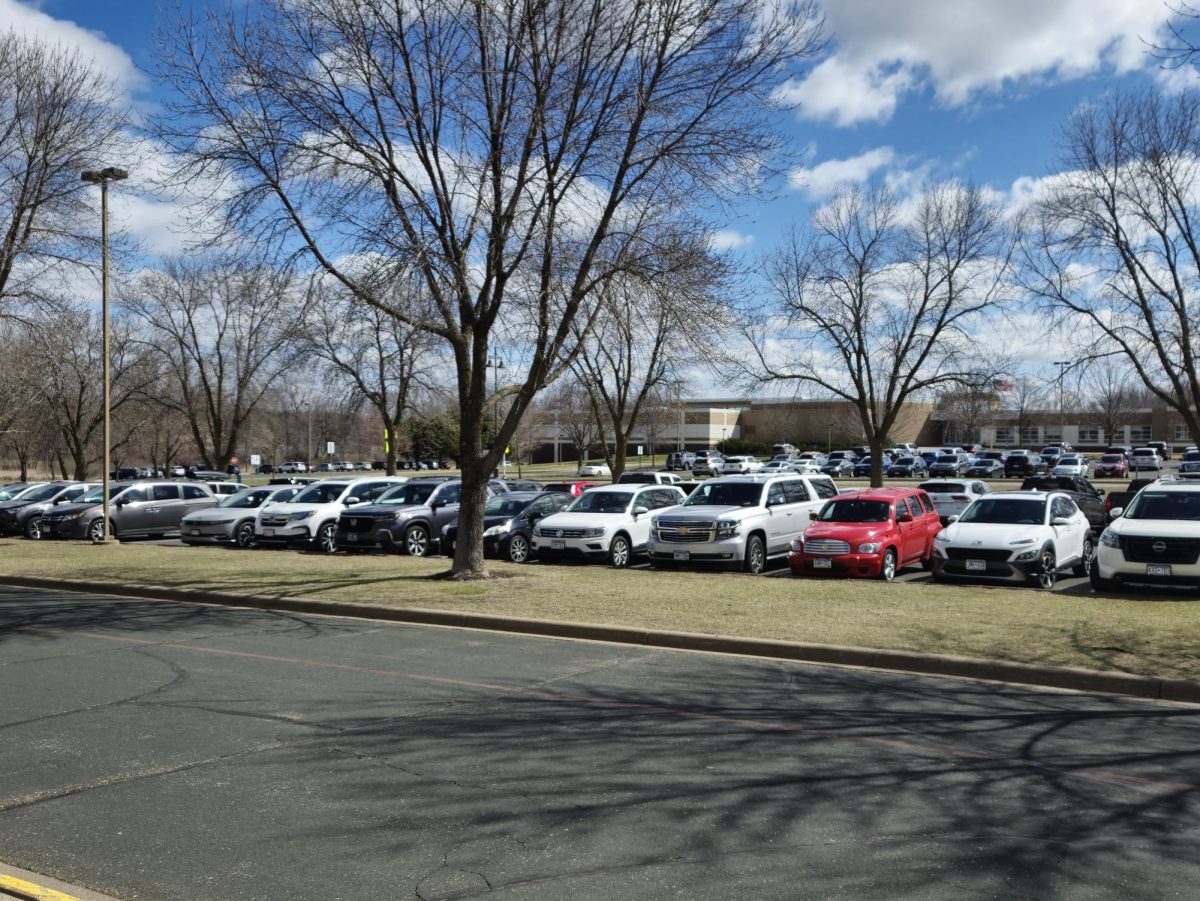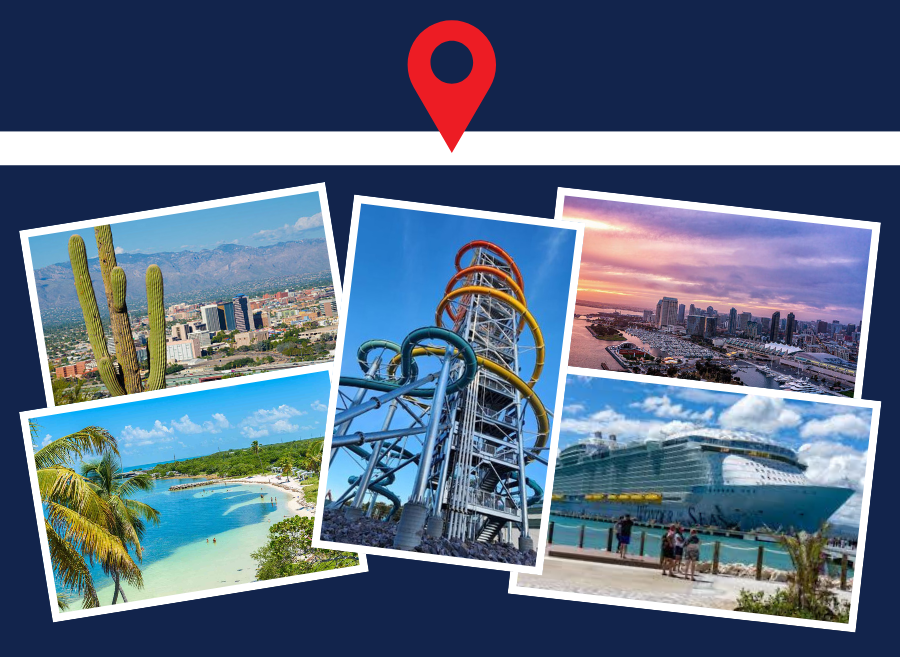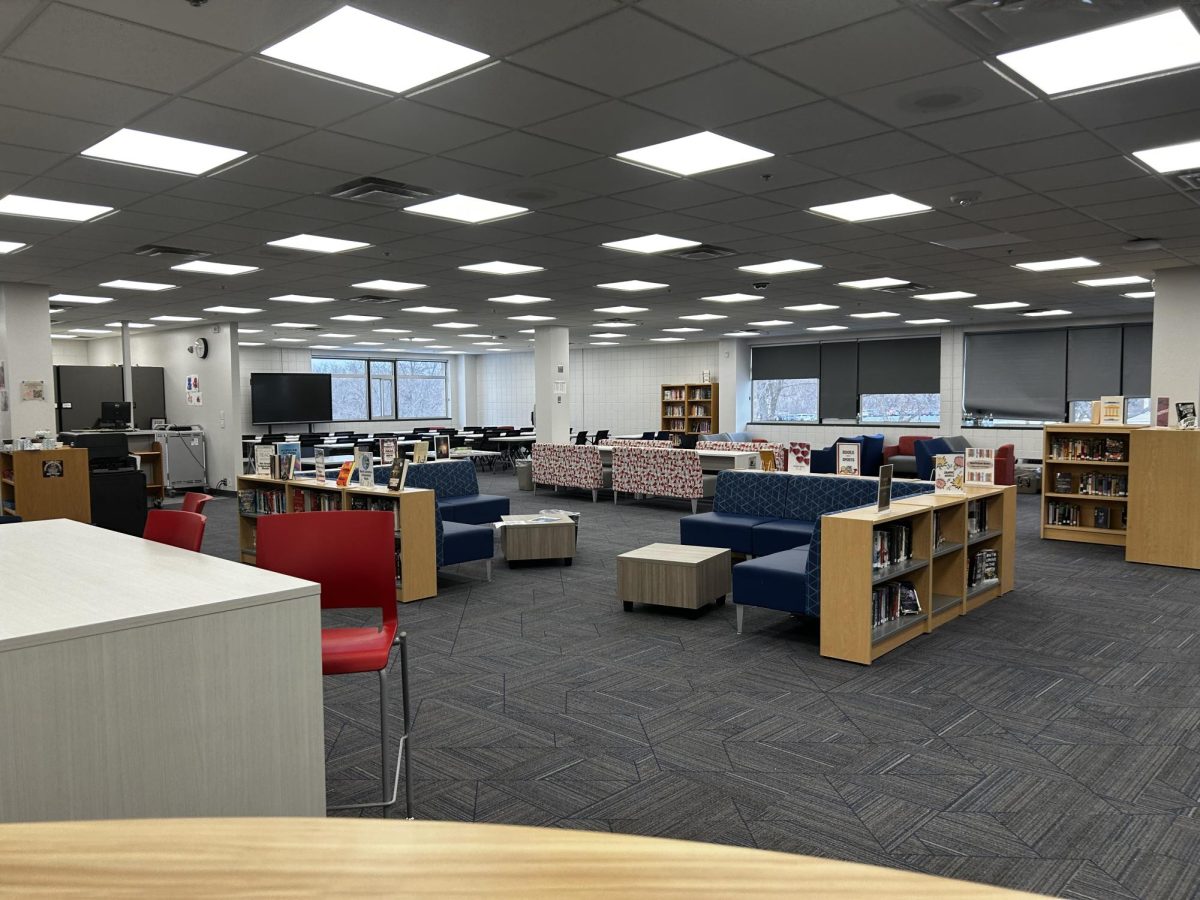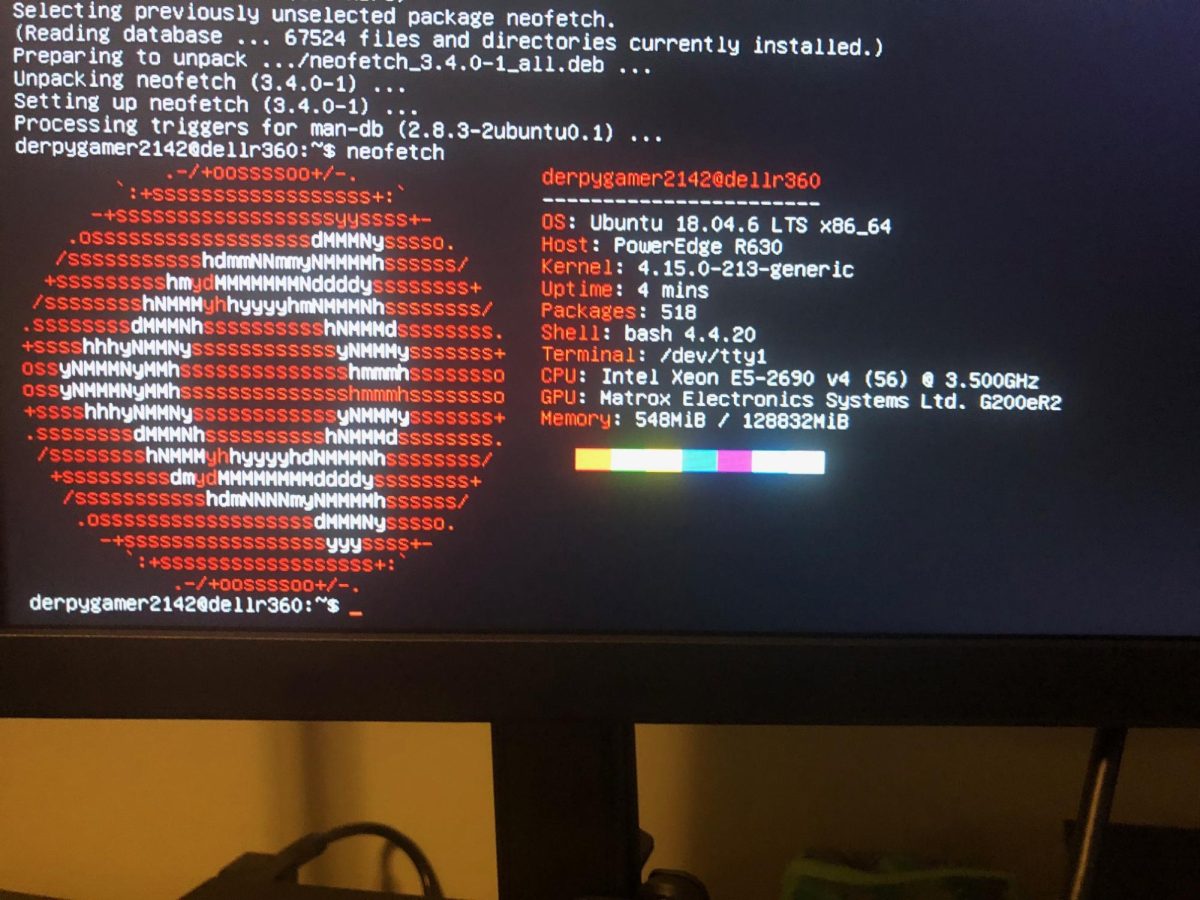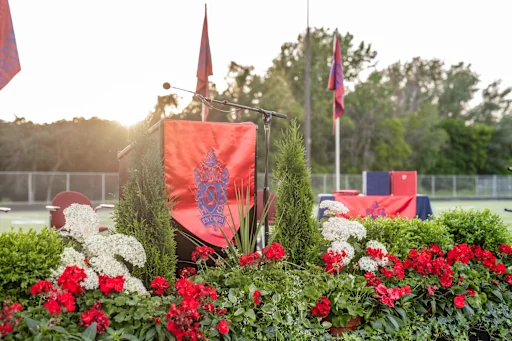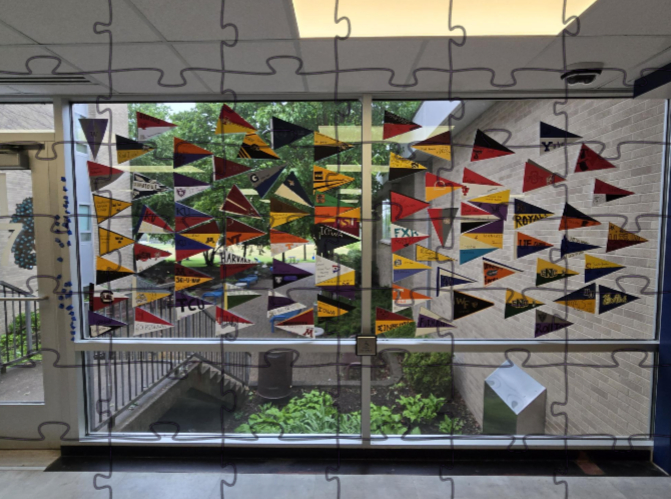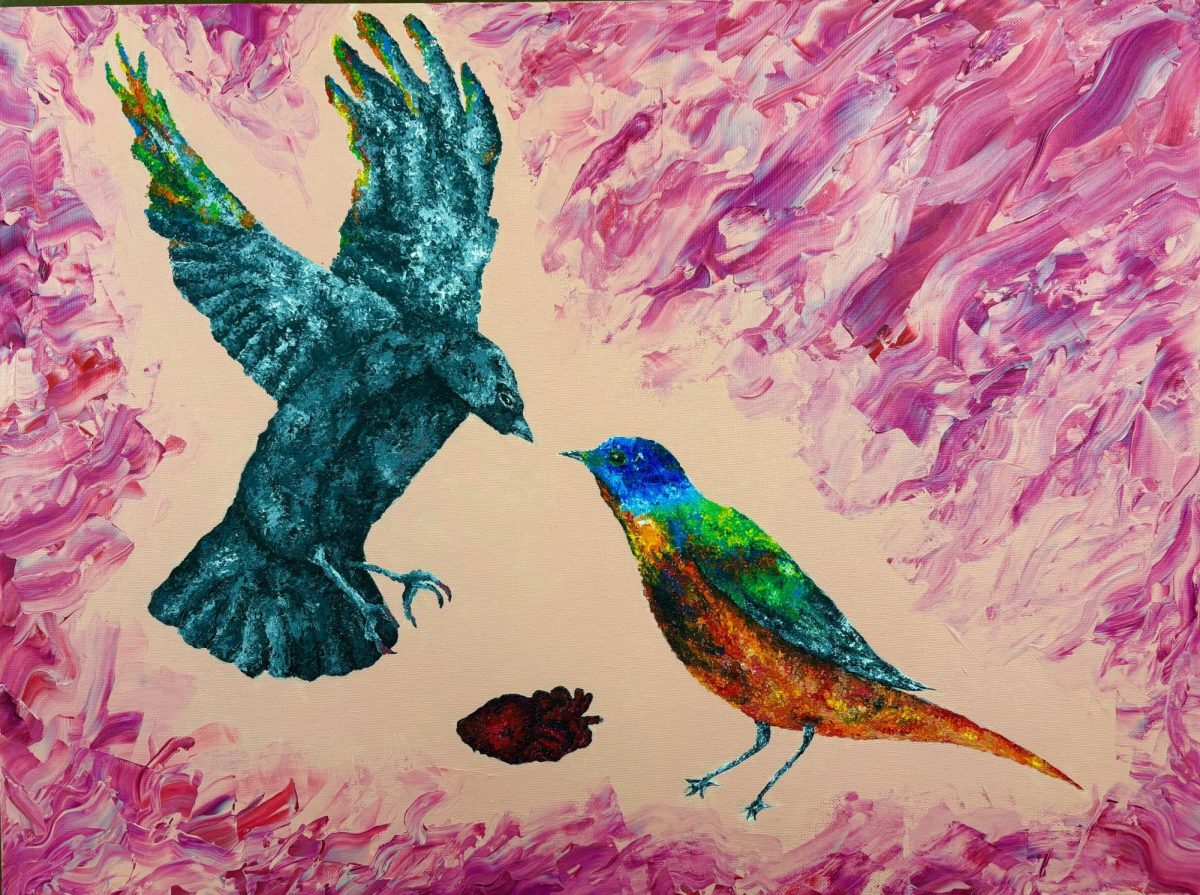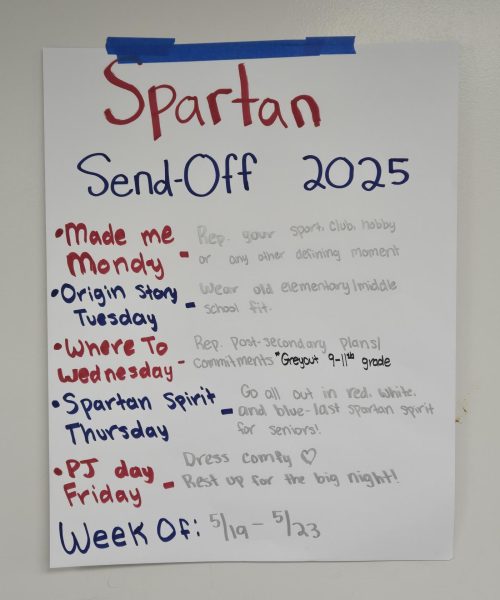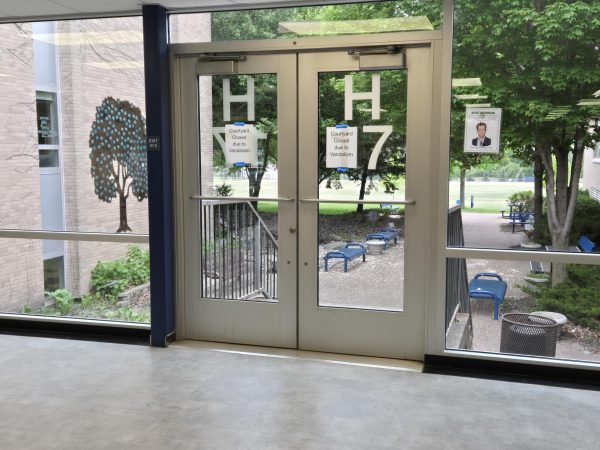World News
2017 was notorious for a lot of different reasons–sexual predators in Hollywood and in other jobs finally slowly facing justice, Trump’s first year in office, multiple hurricanes devastating the Caribbean and Texas, the California wildfires…The list goes on. Unfortunately, while the American people were focused on their domestic issues, a lot was going on elsewhere, including three massive humanitarian crises: the famine in Yemen, ethnic cleansing in Myanmar, and human trafficking–slavery–in Libya.
Yemen
Called the worst humanitarian crisis in 50 years by the United Nations, Yemen’s famine has placed over 8 million people at risk of starving. Blockades by the Saudi Arabian government that started in Oct. 2017 helped lead to the famine, but amid mounting pressures, Saudi Arabia finally allowed much needed aid into the country.
The crisis is made worse by a cholera outbreak which has killed over 2,000 people. The disease, which can kill within hours if left untreated, is incredibly dangerous and highly contagious. Over 500 of the deaths were children. The other disease now surfacing is diphtheria–a disease normally easily counteracted with vaccines. Diphtheria has affected over 500 people and killed “dozens and dozens” in just a few weeks, according to Mark Lowcock, the UN’s undersecretary-general for humanitarian affairs and emergency relief coordinator.
Lowcock also described the current situation as “[looking] like the apocalypse” to the people in Yemen. The UN Central Emergency Response Fund allocated the largest sum they ever have to helping Yemen–about $50 million.
Saudi Arabia started intervening in Yemen in March of 2015 before blockading the country–preventing food, fuel, and medicine to reach it. Over 10,000 people have died, and 3 million have been displaced because of the conflict, according to the UN. The situation is still incredibly bleak, however the loosening of the blockade has allowed for some hope for the Yemeni people.
Myanmar
The Rohingya muslims in Myanmar (Burma) have been subjected to a “textbook example of ethnic cleansing” according to the UN. In Rakhine, the western state in which the Rohingya live, brutal attacks have caused over 10,000 deaths, and displaced even more–a number exceeding 600,000. The Burmese government has denounced the people, saying that the people are illegal immigrants and calling them Bengali. They have been denied basic rights and healthcare.
The situation was worsened in Nov. 2017 when the Pope visited and gave a speech. He did not mention the tensions between the Rohingya and the rest of Myanmar and did not denounce the actions against them, which is what the Rohingya were hoping for.
Myanmar has 135 recognized ethnic groups, but the Rohingya were removed from this list in 1982.
The Arakan Rohingya Salvation Army (ARSA), headed by Ata Ullah, has stated on Twitter that they would continue fighting against the Burmese government. “The Burmese terrorist government and…army have never stopped committing acts of Terrorism, War Crimes, Genocide, and Crimes against Humanity against innocent Rohingya indigenous native ethnic community of Arakan State,” ARSA said on Jan. 6. “ARSA has left no other option but to combat ‘Burmese state sponsored terrorism’ against the Rohingya.”
Libya
In Libya, in the detention centres where migrants wait, caught on their journey to Europe, conditions are awful. Space is cramped with anywhere from 400 thousand to 1 million people in detention centres. Murder, rape, and robbery are rampant. These settings make these people particularly vulnerable to human traffickers.
Many people migrate hoping for a better life in Europe, and often pay smugglers to get them there. Oftentimes these smugglers are human traffickers, and when those migrants run out of money, they’re sold into slavery.
In November, a video was released showing an auction where people were being sold for just $400. CNN launched a full investigation after the video was released, sending four journalists with hidden cameras to Libya.
On Nov. 29 2017 Libya reached a deal with European and African leaders to repatriate (deport back to the homeland) the migrants in the detention centres. While the UN has said it would “[step] up its work” to help stop this situation, they are missing necessary funding to help make this happen.
Over 8,000 people have been repatriated to their home country, many from West Africa. The situation does not seem to be improving for these people, as they either have to restart their entire lives in a country they were fleeing or face life as a slave, not to mention the conditions in the detention centres.



